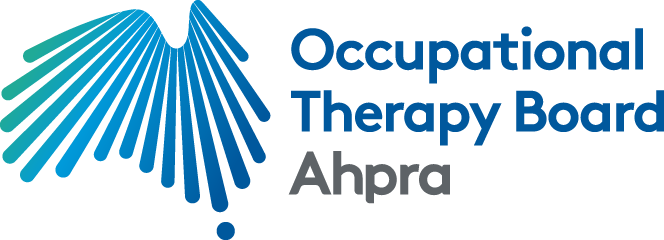Close
Website Maintenance
This website will be unavailable from 8:30pm Thursday 26 February to 1:30am Friday 27 February 2026 AEST for regular maintenance. Ahpra’s portal and other online services will not be available. The online public Register of Practitioners will be available. We apologise for any inconvenience.
National health practitioner boards
Close
Page reviewed
21/08/2025
